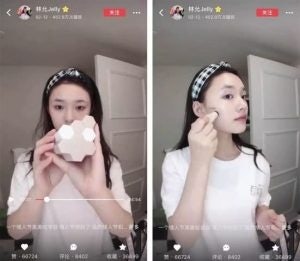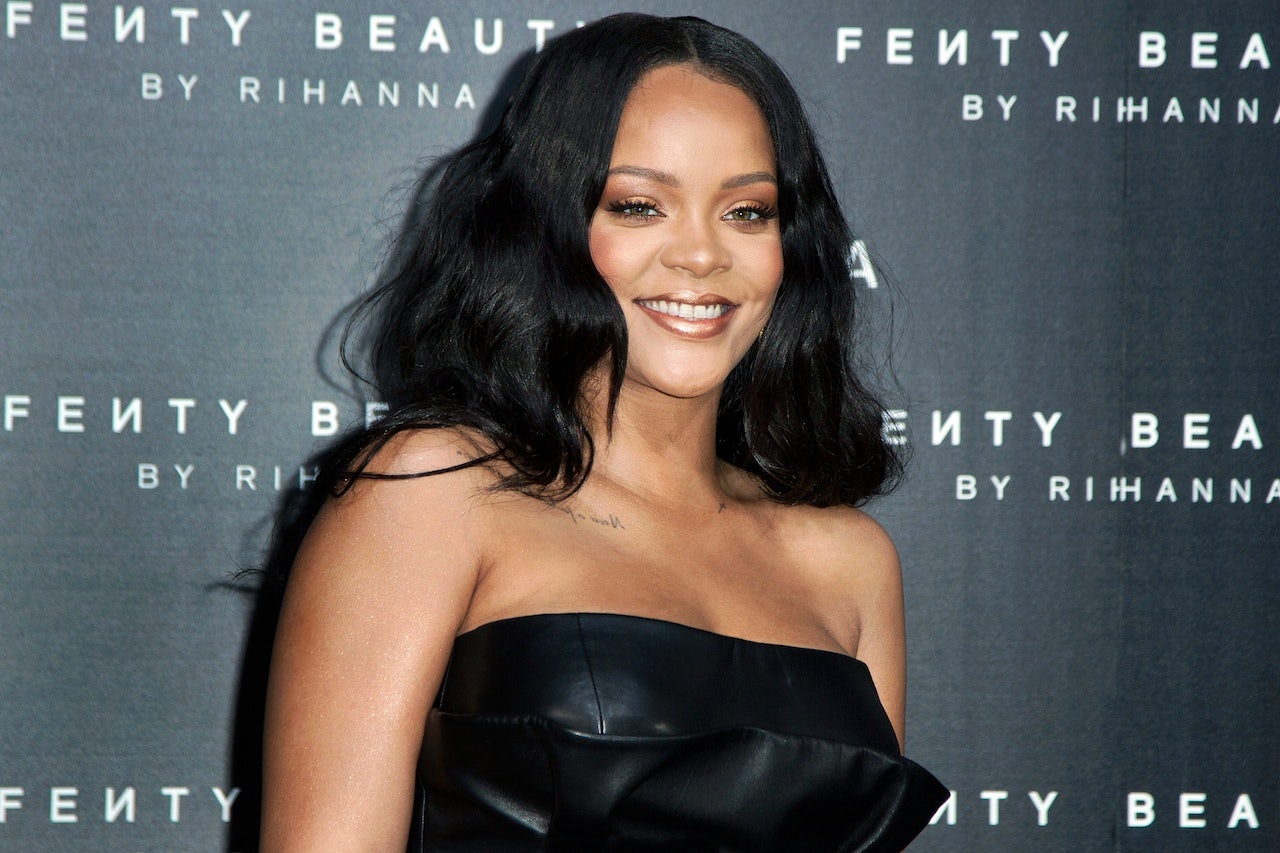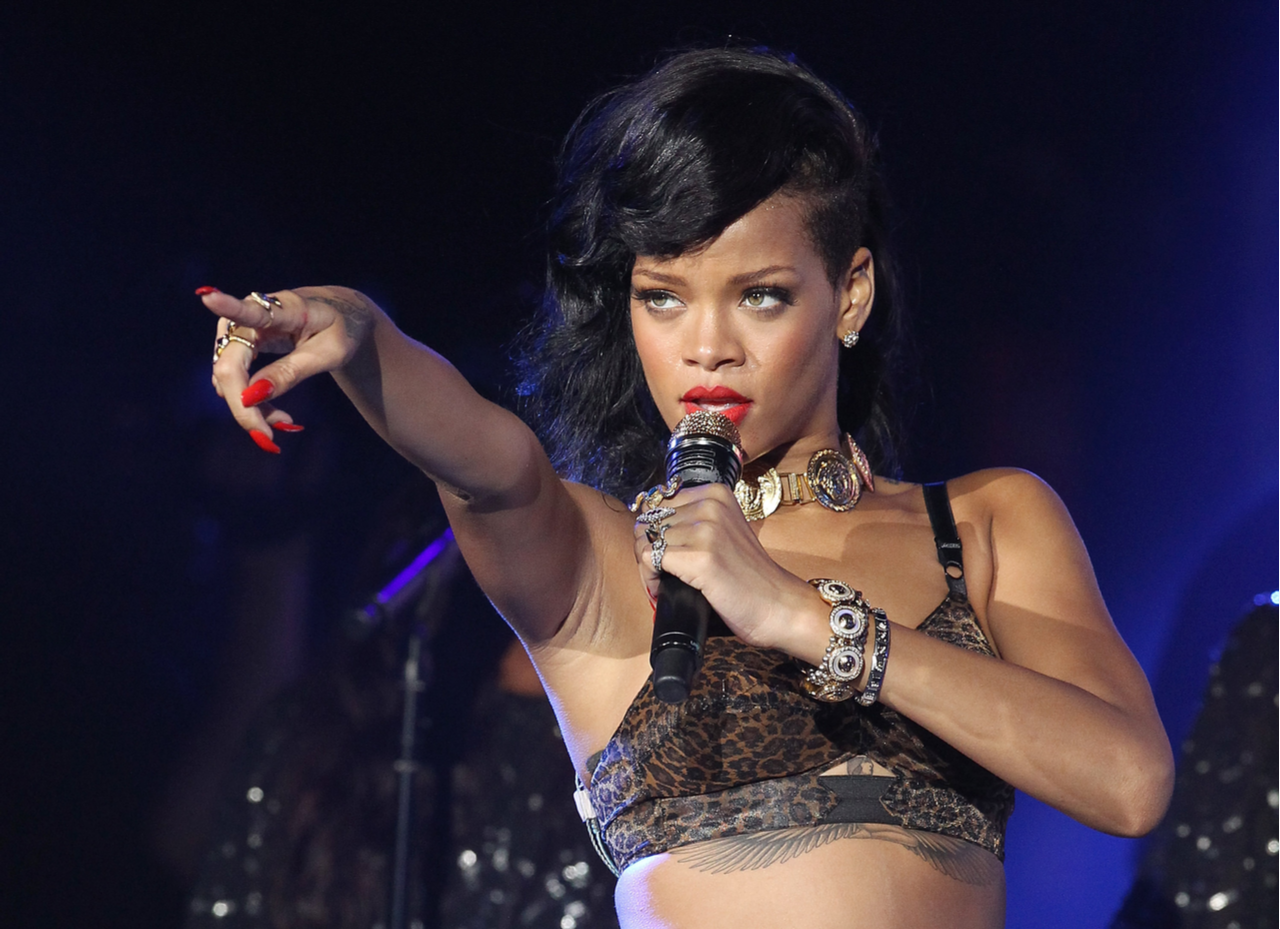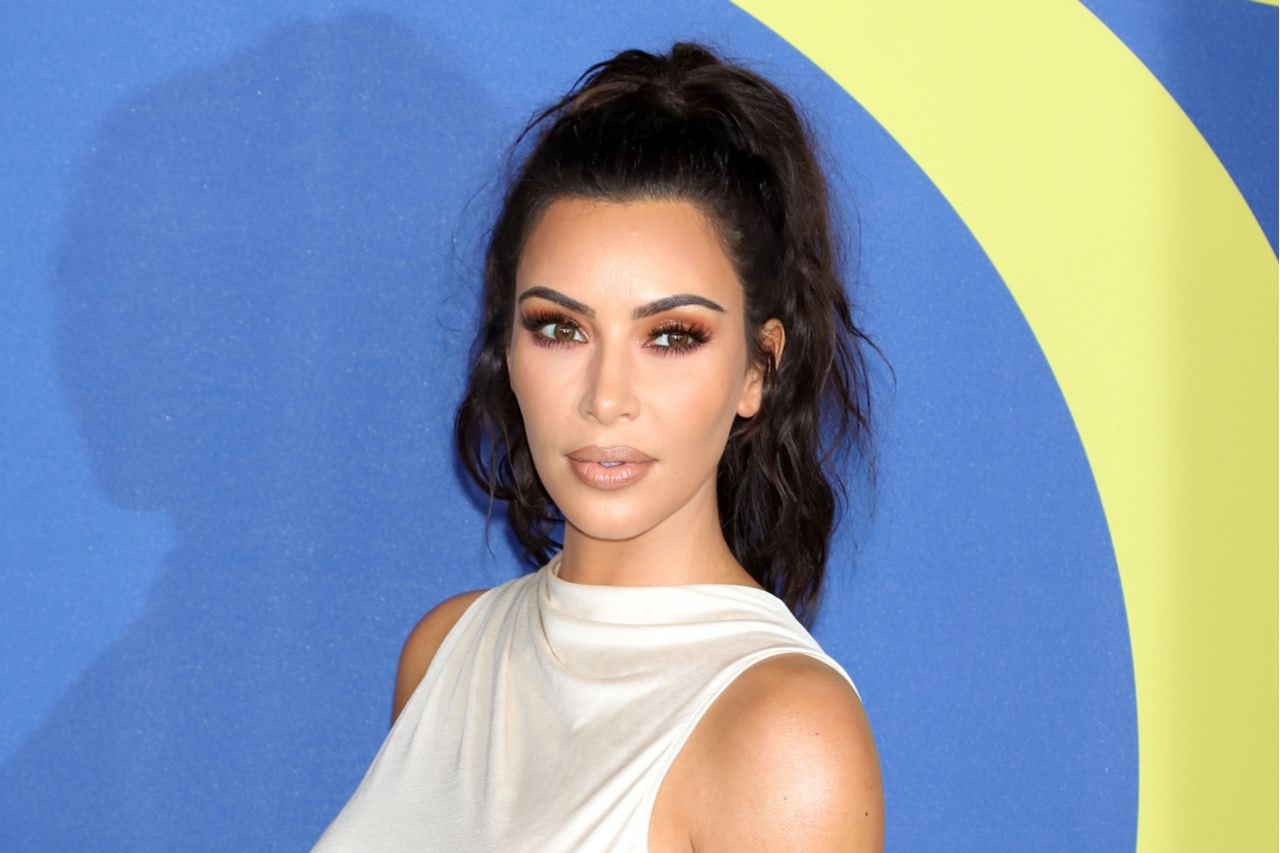Amassed largely by the popularity of its superstar creator, Rihanna, Fenty beauty achieved a whopping 100 million in sales just 40 days after launching. An instant overnight sensation, to be sure. But would this success translate to China, the second-largest beauty market in the world? What’s concerning is that Fenty’s two winning weapons — star power and its message of diversity — have appeared to gain little traction in China’s vast mainland beauty market.
Fenty Beauty was launched in 2017 by the singer, who is also the first woman of color to oversee a fashion house under LVMH. Largely betting on the star’s worldwide influence, Fenty is the first new LVMH brand since 1987 built by the group. But the star’s halo effect has yet to translate into a selling point in China, as it has in the West. If anything, it’s been the Chinese actress and beauty blogger Lin Yun that has created the buzz for the brand.

It’s no wonder. Lin Yun has about 10 times the Weibo following of Rihanna in China. And after introducing the brand to her fans, Lin quickly became the celebrity name associated with the brand. This is not a Rihanna-only phenomenon – Kim Kardashian's KKW beauty line, notoriously flatlined when first launched on the Chinese social shopping platform, Little Red Book (Red). Cases like these demonstrated the power of localization in China — even with celebrity-based products — and the importance of having mainland KOLs to help translate the brand’s influence to a local Chinese audience may be still necessary.
The lack of Rihanna’s global celebrity effect, however, hasn’t stopped people from buzzing about the brand online. On Red, there are some 30,000 posts from consumers sharing Fenty product reviews, with many asking if it’s for Asian skin color. Even though diversity and inclusivity are two of the most important messages delivered by Fenty, (it does offer 40 shades of foundation to accommodate a wide range of diverse skin colors), many Chinese consumers have struggled to find right color, as the Chinese market is racially less diverse than the U.S. and European markets, and where white or lighter skin tones are considered the beauty standard. To their credit, savvy Chinese consumers have figured out that Fenty’s Skinstick in Amber was a natural match to Asian light skin tone, and has quickly become one of the most discussed items on Red.
Whether Fenty will succeed in China is far too early to say, but before any foreign makeup brands hit the shelves in China, they have to undergo animal testing, and the manufacture of Fenty Beauty, Kendo, has long made it clear that they will only produce cruelty-free products. This regulatory concern seems to be an unconcealable barrier for Fenty to officially sell in China. So far fans can only purchase through overseas shoppers like Daigou or traveling to the closest destination, such as Sephora at Hong Kong.
But this doesn’t mean the brand has no plans to expand into China. Fenty Beauty launched Weibo account on May 29, and quickly amassed 15,205 followers (about one percent of Rihanna’s personal Weibo page followers). So far, the brand also set up a blank profile on Red.


